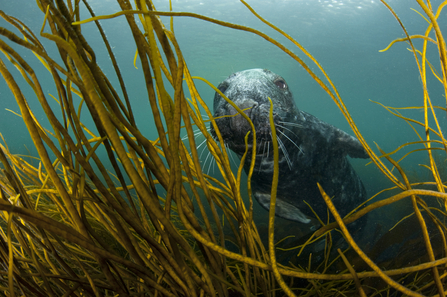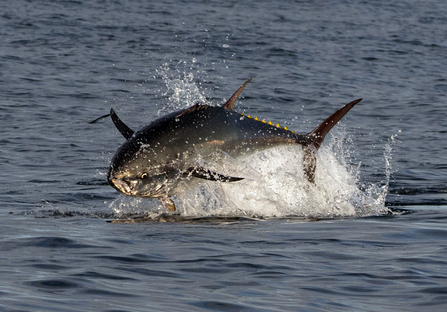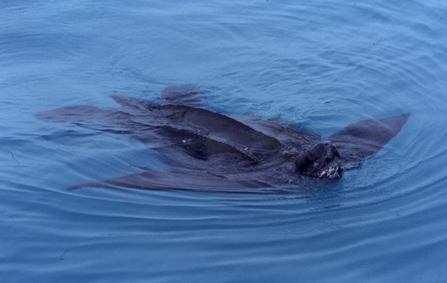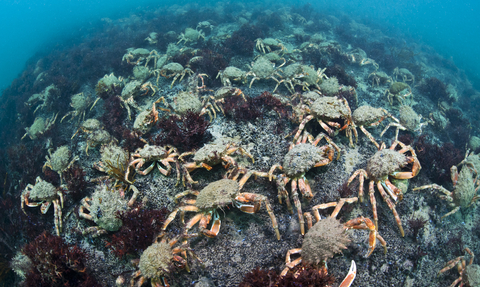Cornwall’s marine environment is facing a critical moment as new data reveals that the UK seas have reached the warmest temperatures since records began. This alarming milestone, driven by climate change, is already impacting the delicate ecosystems off our coast, with cascading effects on marine species and habitats that Cornwall Wildlife Trust is closely monitoring.
The latest scientific reports confirm record warmth this year, following high sea temperatures in both 2023 and 2024, with marine heatwave conditions altering the seas around Cornwall. Such warming disrupts the balance of marine life, from plankton to top predators, threatening the health of our coastal waters and the communities that rely on them.




